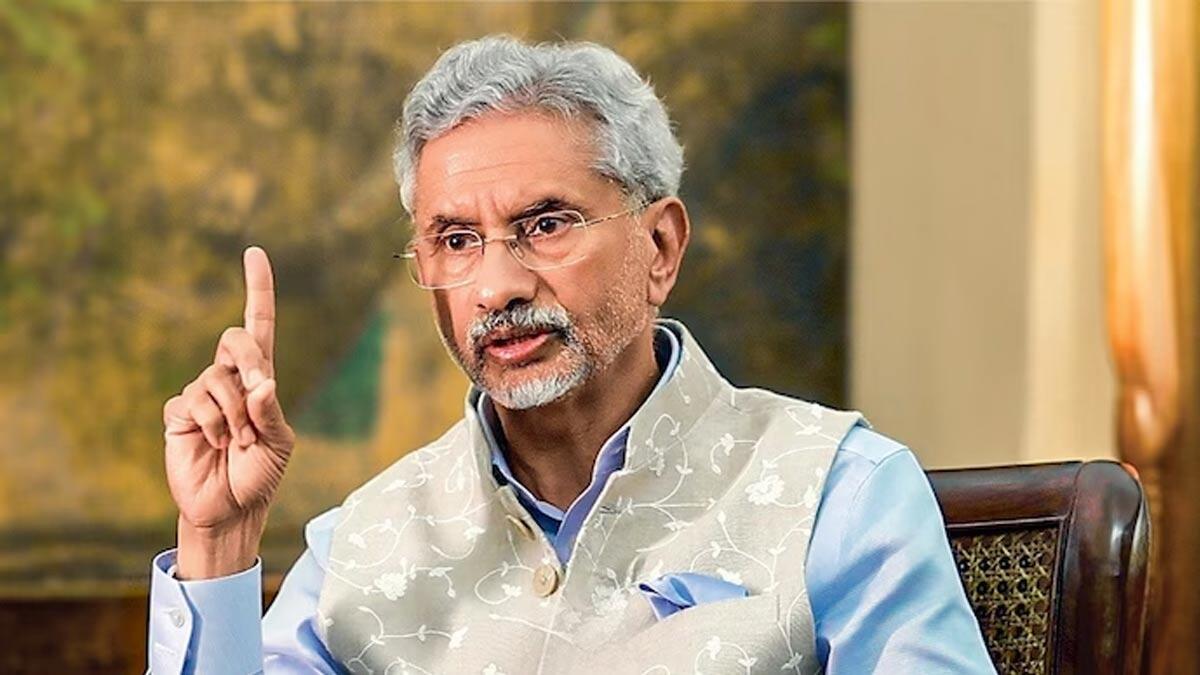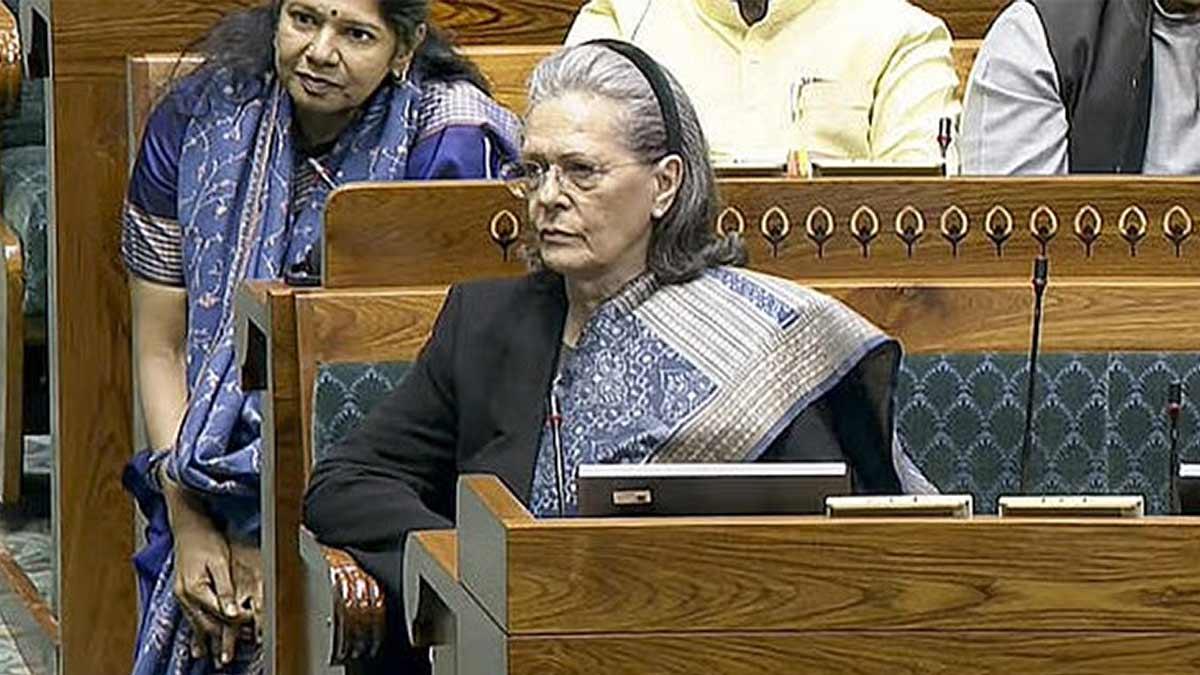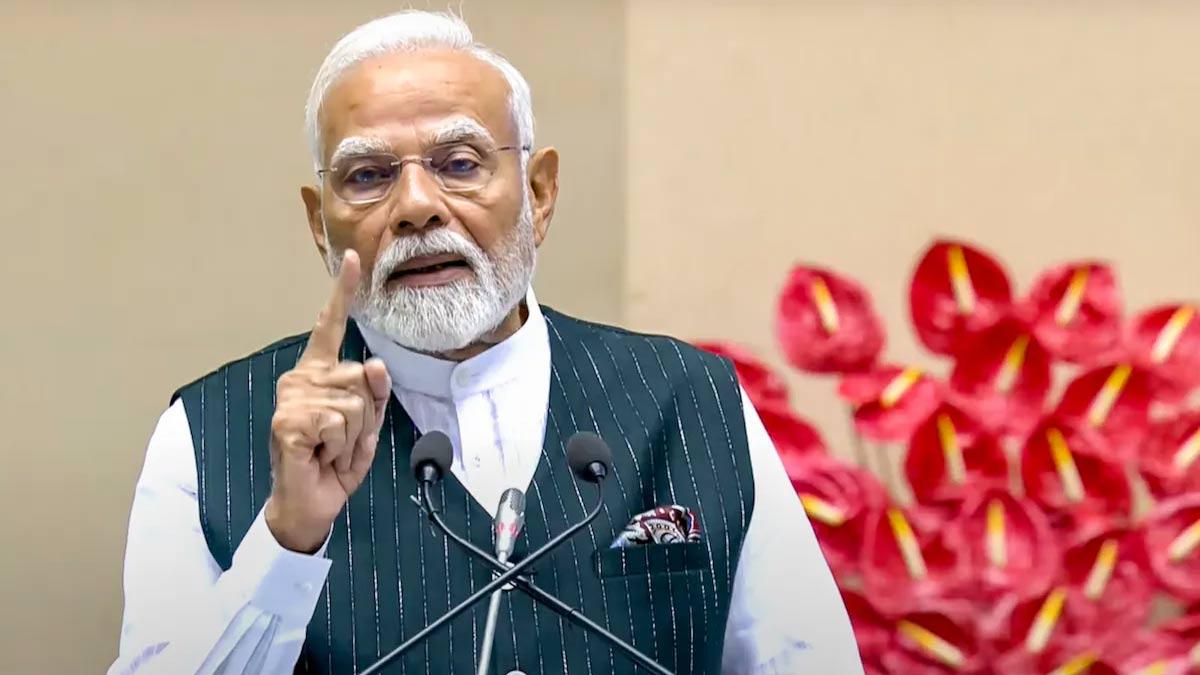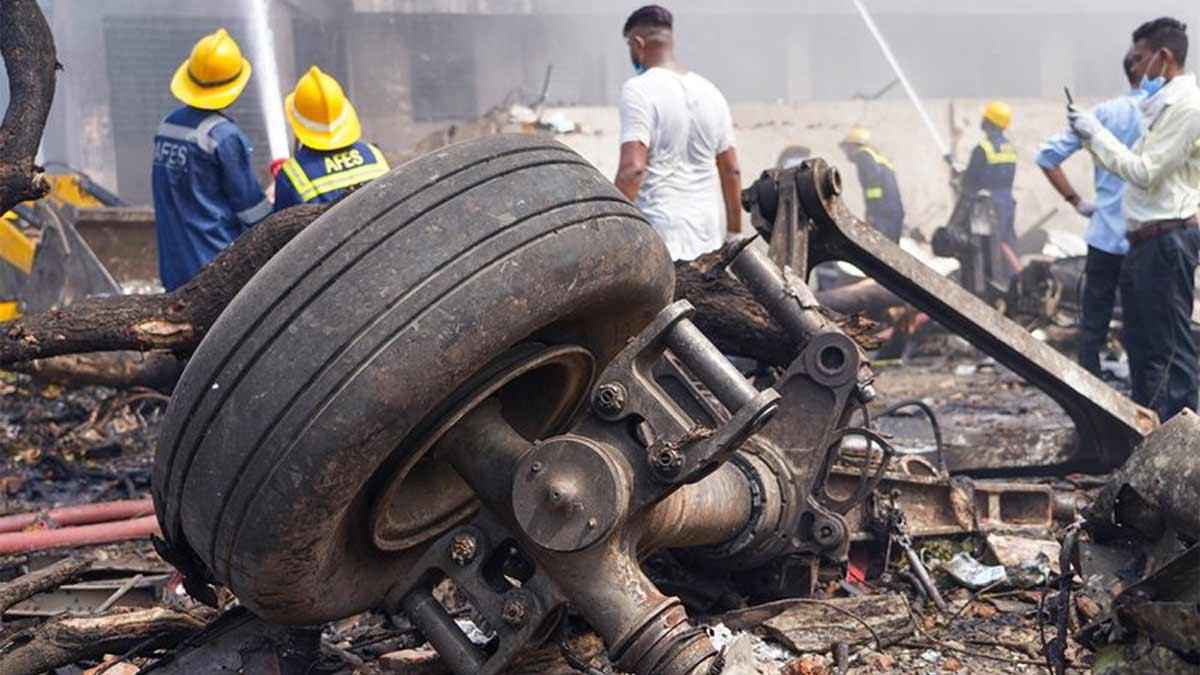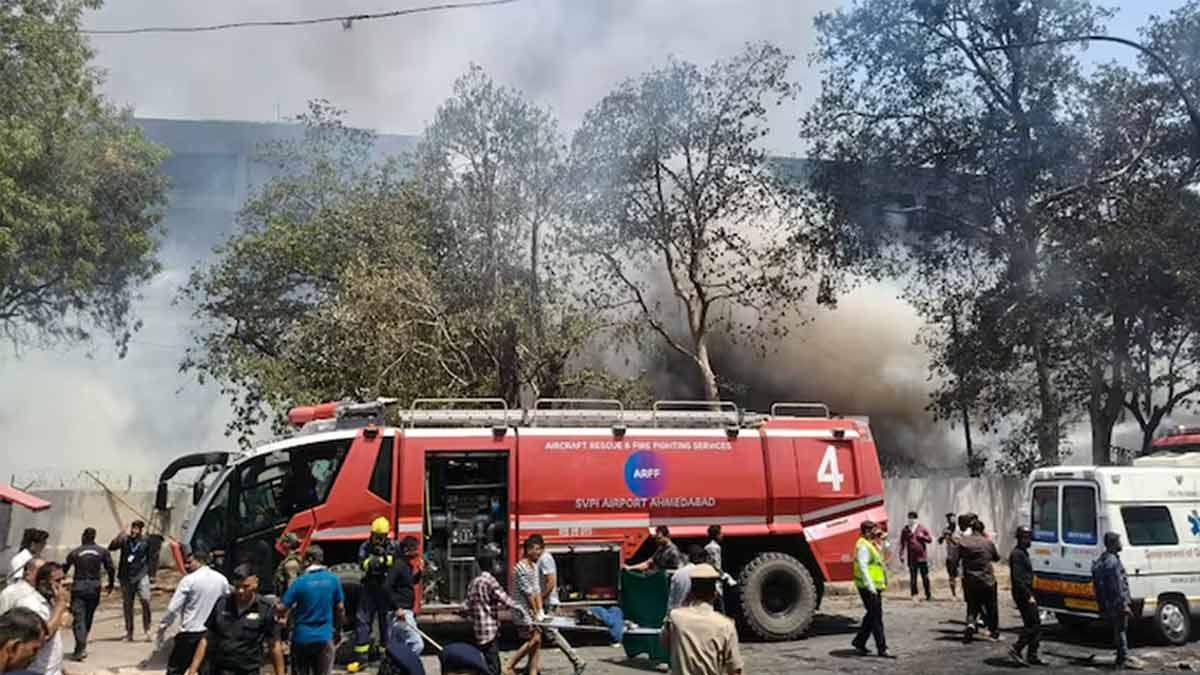While around 75 per cent of the "disengagement problems" with China are sorted out, the bigger problem has been the growing militarisation of the frontier, External Affairs Minister S Jaishankar said on Thursday relating to the nagging border row in eastern Ladakh.
In an interactive session at a think-tank in this Swiss city, Jaishankar said the Galwan Valley clashes of June 2020 affected the "entirety" of India-China ties, asserting that one cannot have violence at the border and then say the rest of the relationship is insulated from it.
The external affairs minister said negotiations between the two sides to find a solution to the problem are underway.
Now those negotiations are going on. We made some progress. I would say roughly you can say about 75 per cent of the disengagement problems are sorted out," he said at the Geneva Centre for Security Policy.
"We still have some things to do," Jaishankar said, responding to a question.
But the bigger problem is both of us have brought forces close up, and in that sense, there is a militarisation of the border, he said.
How does one deal with it? I think we have to deal with it. In the meanwhile, after the clash, it has affected the entirety of the relationship because you cannot have violence at the border and then say the rest of the relationship is insulated from it," he said.
The external affairs minister indicated that the relationship can improve if there is a resolution to the row.
We hope that if there is a solution to the disengagement and there is a return to peace and tranquility, then we can look at other possibilities," he said.
The Indian and Chinese troops are locked in a standoff in certain friction points in eastern Ladakh, even as the two sides completed disengagement from several areas following extensive diplomatic and military talks.
India has been maintaining that its ties with China cannot be normal unless there is peace in the border areas. Describing India-China relations as "complex," Jaishankar said the ties were kind of normalised in the late 1980s, and the basis for it was that there would be peace at the border.
The basis, obviously for a good relationship, I would even say for a normal relationship, was that there would be peace and tranquility in the border. After things started to take a better turn in 1988, we had a series of agreements which stabilized the border," he said.
What happened in 2020 was in violation of multiple agreements for some reasons which are still entirely not clear to us; we can speculate on it.
The Chinese actually moved a lot of troops to the Line of Actual Control at the border and naturally, in response, we moved our troops up. It was very difficult for us because we were in the middle of a Covid lockdown at that time," he said.
Jaishankar described the development as very dangerous.
"Now we could see straight away this was a very dangerous development because the presence of large numbers of troops in these extreme heights and extreme cold in near proximity could lead to a mishap. And that's exactly what happened in June 2022," he said referring to the Galwan Valley clashes.
The external affairs minister further said the issue for India was why China disturbed the peace and tranquility, why they moved those troops, and how to deal with this very close-up situation.
We have now been negotiating close to four years, and the first step of that is what we called disengagement, which is their troops go back to their normal operating bases and our troops go back to their normal operating bases, and where required, we have an arrangement about patrolling because both of us patrol regularly in that border. As I said, it is not a legally delineated border.
Jaishankar is here on the final leg of his three-nation tour that took him to Saudi Arabia and Germany.
Read also| CDS Anil Chauhan Unveils Joint Doctrine for Amphibious Operations
Read also| Protests Erupt in Shimla Over 'Illegal' Mosque Amid Growing Dissent

